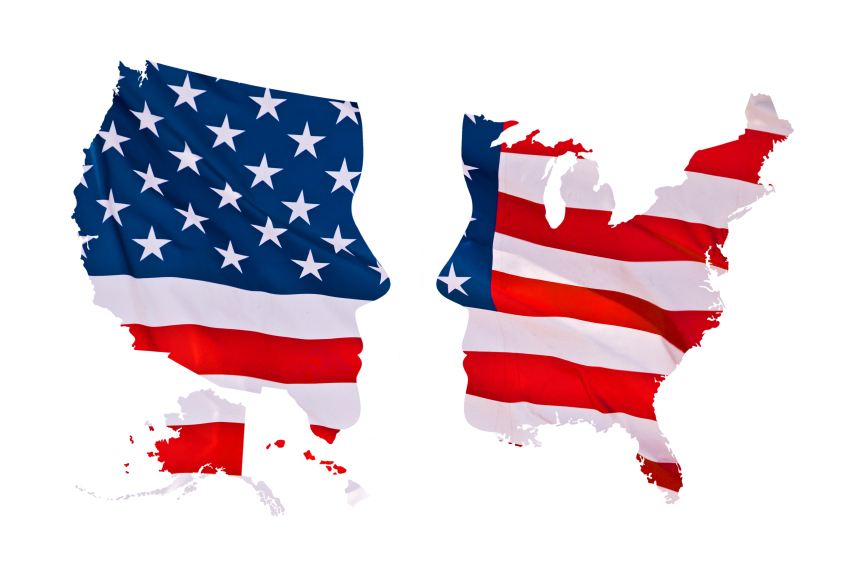There’s been much media handwringing these days about the lack of engagement among U.S. workers.
And just as many remedies are offered, from segmented programs for different generations to changing performance management models.
 Yet a mere 80 years ago, Dale Carnegie solved the issue in How to Win Friends and Influence People.
Yet a mere 80 years ago, Dale Carnegie solved the issue in How to Win Friends and Influence People.
It’s something none of us hear enough of. It cost nothing and requires little effort. Which, as Google’s Larry Page admitted, “Appreciation is the best motivation.”
Studies upon surveys prove the power of gratitude, from an increase in annual operating income (Harvard Business Review) to healthy heart outcomes (from the University of California/San Diego School of Medicine). No one, though, pays much attention to how best to deliver the praise. So here are a few of our guidelines:
- Get real – and specific. Generic thanks don’t work. Be precise about the reason for recognition.
- Deliver today, not tomorrow. If the behavior’s to be repeated, try to give thanks immediately – or as close to the “you did good” event as possible.
- Authenticity is the word of the decade. Think sincere and spontaneous – and embed it in context. Writing an email to the team? Makes sense to include an “attaboy/girl.”
- Avoid exclamation marks – and OVER-superlatives. [‘Nuff said!!!]
- Pick the most appropriate vehicle … we favor the most impactful, i.e., face to face.
After all, World Kindness Day is only six months away.



